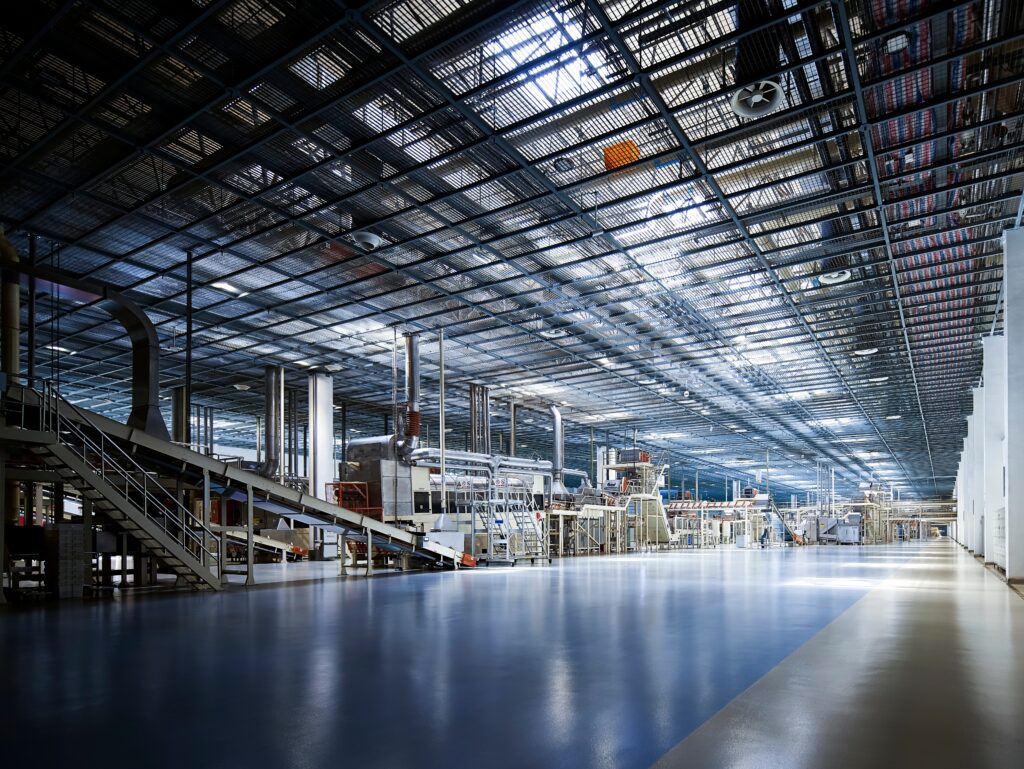Germany’s unemployment rate remained steady in February at 6.2%, its highest level since October 2020. This marks a period of concern for Europe’s largest economy as it grapples with the ongoing effects of deindustrialisation and weakening demand, which continue to drag on growth.
Unemployment Remains High Despite Lower-than-Expected Increase
According to the Bundesagentur für Arbeit, the number of people unemployed in Germany reached 2.9 million in February, rising by 5,000 compared to January. While this increase was lower than analysts’ forecasts of 15,000, the unemployment rate remains elevated, signaling persistent challenges in the labor market.
In recent years, Germany’s manufacturing sector has experienced significant job losses. These losses started in the early months of the COVID-19 pandemic, and the sector has struggled to recover fully. As industries face higher energy costs and increasing competition from global markets, particularly from China, it is becoming more difficult for manufacturers to maintain profitability and secure jobs.
Deindustrialisation Risks and Weaker Economic Outlook
The challenges facing the German economy are part of a larger trend of deindustrialisation. Many German companies have been relocating their operations abroad in search of better investor access, greater liquidity, and new opportunities in emerging markets. This has exacerbated the difficulties faced by domestic industries.
Germany’s manufacturing sector, traditionally a backbone of the economy, has faced increasing pressure due to rising energy costs and higher competition from Chinese firms that can produce goods at a lower cost. This shift, combined with persistent inflation, high interest rates, and a weakening global economy, has put immense strain on German businesses and households alike. As consumer confidence falters, the broader economy continues to suffer.
Despite these ongoing issues, Germany’s labor market has held relatively steady compared to the worst-case scenarios predicted by economists. However, the underlying structural weaknesses in the economy and the risks posed by deindustrialisation remain significant threats for the future.
Retail Sales See Modest Growth Amidst Economic Strain
While the broader economy struggles, Germany’s retail sector showed some signs of resilience. In January, retail sales increased by 0.2% compared to the previous month. This slight rebound followed a 1.6% decline in December. Analysts had predicted no change in retail sales, so this uptick was a pleasant surprise for many.
Food sales were the driving force behind the increase, growing by 1.5%. Non-food sales, however, dipped by 0.2%, highlighting the uneven nature of the recovery. Interestingly, online shopping has continued to grow, with e-commerce sales rising by 11.5%. This surge in online sales points to a growing shift in consumer behavior, with more people opting for the convenience of shopping from home amid economic uncertainty.
On a year-over-year basis, retail sales in Germany grew by 2.9% in January, slightly up from 2.8% in December. Despite this modest growth, concerns remain about the broader economy, with inflation and higher interest rates continuing to weigh on household spending.
Germany’s GDP Contraction in Late 2024
Germany’s gross domestic product (GDP) contracted by 0.2% quarter-on-quarter in the final quarter of 2024, according to the latest data from the Federal Statistical Office. This marked a reversal from the 0.1% growth seen in the previous quarter and was in line with market expectations.
The contraction in GDP can be primarily attributed to weakened net trade. Germany’s exports fell by 2.2%, while imports increased by 0.5%. This decline in exports highlights the challenges facing the country’s manufacturing sector, which relies heavily on foreign markets for growth.
Domestic consumption also showed signs of slowing. Household consumption grew only 0.1% in Q4, down from 0.2% in the previous quarter. This suggests that consumers are tightening their belts due to rising costs and uncertainty about the future. Government spending, too, showed limited growth, rising just 0.4% compared to 1.5% in the previous quarter.
However, not all sectors of the economy are struggling. Fixed investments, particularly in construction, rebounded in Q4, increasing by 0.4%. This recovery was welcomed as a sign that some parts of the economy are still finding ways to grow despite the broader challenges.
Challenges for Key Sectors
Despite the growth in construction investments, Germany’s economy continues to face significant difficulties in certain sectors. The manufacturing, forestry, agriculture, and fishing industries all showed signs of decline in late 2024. These industries are some of the hardest hit by the ongoing economic pressures, including high energy prices, supply chain disruptions, and rising global competition.
The risks associated with deindustrialisation are becoming more apparent as many companies consider relocating abroad to access better resources and markets. This has led to fears that Germany may be losing its competitive edge in industries that have traditionally been key drivers of the economy.
Economic Outlook and Policy Responses
Looking ahead, Germany’s economic outlook remains uncertain. While retail sales and construction investments offer some hope, the ongoing challenges in manufacturing and exports suggest that the road to recovery may be long and difficult.
To combat these challenges, the German government may need to rethink its policies on energy prices, trade relations, and industrial strategy. Greater investment in innovation, along with a focus on building more sustainable industries, may be crucial in ensuring the country’s future economic stability.
For more updates on Germany’s economy and other international news, visit Euro News 24.
